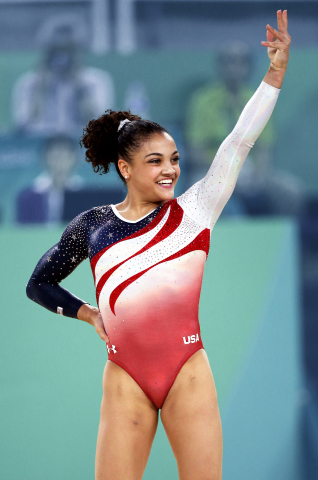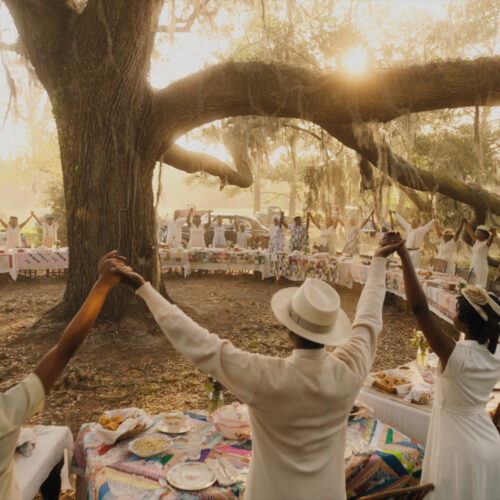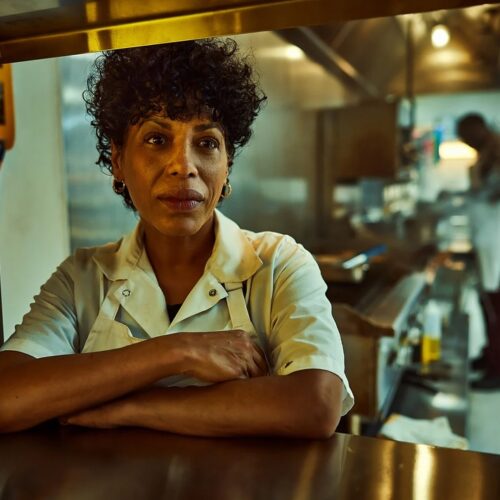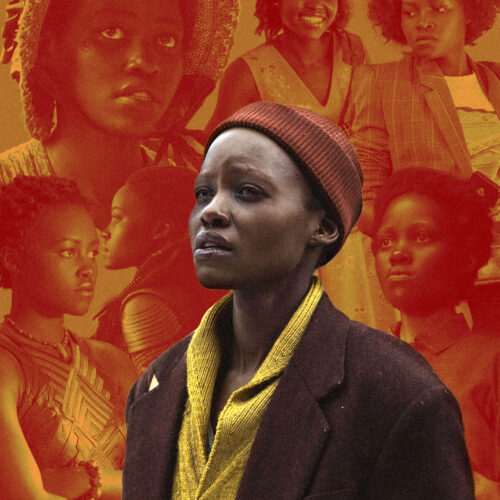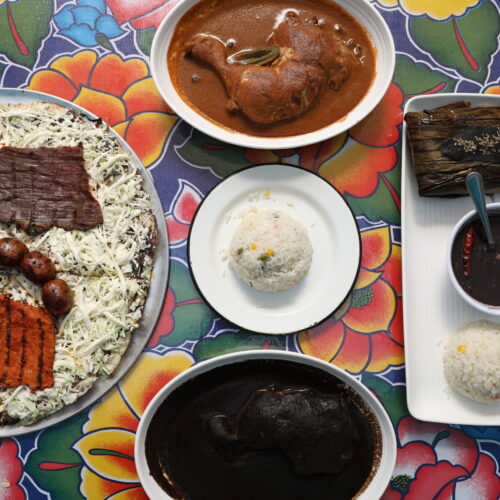Nike knows that mental health is as essential as physical health, particularly when it comes to an athlete’s ability to realize their fullest potential in both sport and life. That’s why Nike partnered with Crisis Text Line, a support line that provides free, 24/7 counseling via text messaging for individuals seeking help. As part of the partnership, Nike sat down with USA Olympic gymnast, Laurie Hernandez, to discuss the importance of mental health, the athlete mindset, and why asking for help can be the most powerful expression of strength.
We asked Laurie to speak on the stigmatization of mental illness in Latinx communities. In her response, she explained, “In terms of community, I do think it is stigmatized.” Her Latinx friends are often told, “‘keep moving forward’, ‘let’s go,’ ‘stop thinking,’ ‘you think too much.’” According to the National Alliance on Mental Illness (NAMI), only 34% of Latino adults with mental illness receive treatment, compared to 45% of the U.S. population. Barriers to healthcare, language disparities, cultural differences, and legal status are some of the many factors driving this gap in treatment.
Fortunately, Laurie found herself in an environment that prioritized mental health. Her mother is a social worker and a therapist, and her sister is also a therapist. She shared with us: “When it comes to my family, I think I’ve gotten really lucky.” She hopes that the support that she’s received could be more widespread in Latinx communities, adding, “I wish that could be infiltrated in more homes, like it was in mine, because I am well aware that that’s not the case.” Several organizations, including NAMI, the American Society of Hispanic Psychiatry, and Psychology Today, have noticed this stigmatization and offered resources to combat mental illness and educate communities on mental health.
We asked Laurie to address younger Latinos, particularly those that find themselves in new, intimidating spaces in sports. She responded: “In the Hispanic community it can be really tough to try and mold your own place, because it feels like there is no room for you, but it’s letting other little boys, girls, and kids know that there is room for you, there is space for you, and if it feels like there’s not space, then it’s okay to make it.”
